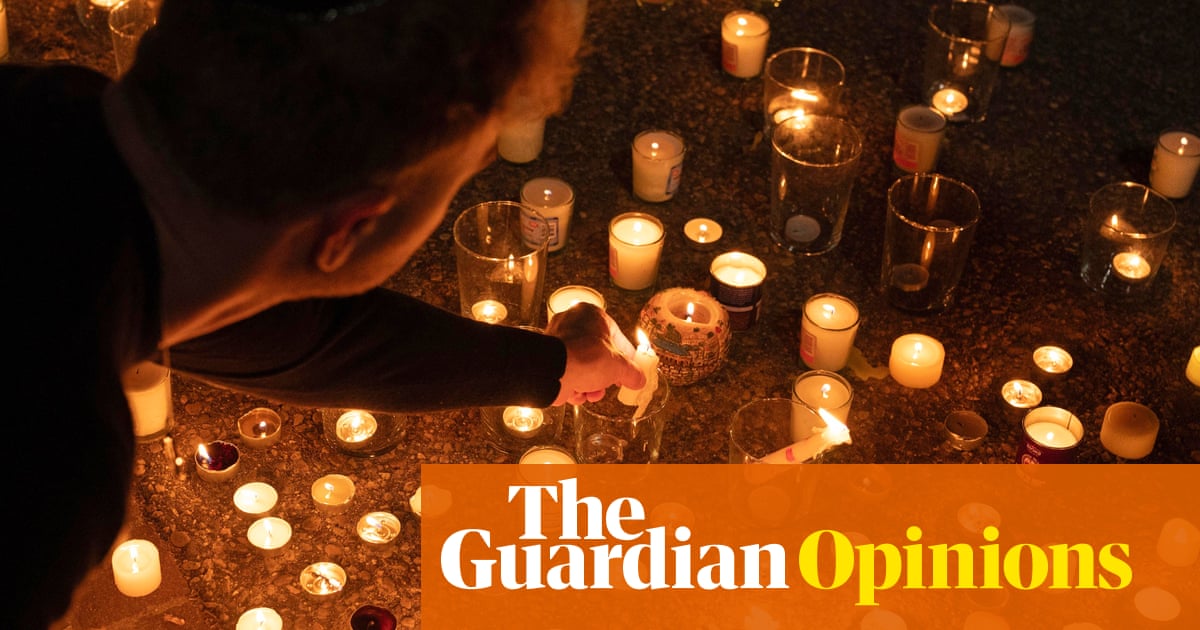At the Hamburg Sustainability Conference (HSC) 2025, a crucial dialogue unfolded around forest finance, emphasizing the voices of Indigenous Peoples and Local Communities (IP&LCs) in the battle against deforestation. Moderated by Kenneth Awotwe Darko, this session titled “Protecting Forests, Protecting the Planet: Financing Solutions for Nature and Climate” was a pivotal moment, linking forest preservation to wider climate goals ahead of COP30.
Approximately 1,600 attendees, including prominent figures from various sectors, gathered to foster new partnerships and push towards the United Nations 2030 Agenda. Organized by key entities like the German Federal Ministry for Economic Cooperation and Development (BMZ) and the United Nations Development Programme (UNDP), the conference served as a vital platform for sustainable development.
During the forest financing session, Mr. Darko skillfully guided the conversation by engaging Jochen Flasbarth from the German Federal Ministry for the Environment. Flasbarth stressed the importance of integrated forest finance mechanisms to support biodiversity and climate action.
Darko highlighted that forests are not only biodiversity sanctuaries but significant carbon sinks, a sentiment echoed by panelists from Brazil’s Articulation of Indigenous Peoples and Greenpeace. He pointed out that deforestation is responsible for 15% of global emissions and called for improved financing strategies to combat this issue.
One of the central questions posed by Darko was directed at Dinamam Tuxá, an Indigenous leader from Brazil. He asked how urgent it was to redesign finance systems to ensure direct support for IP&LCs. Tuxá answered starkly, stating that without their inclusion, funds often miss the mark.
He highlighted the paradox: regions like the Amazon, home to a vast majority of the world’s biodiversity, receive meager funding compared to what is necessary. Alcebias Mota Constantino, another Indigenous leader, added that despite numerous commitments, actionable results are still lacking, worsening conditions on the ground.
The discussion made it clear that finance is not just about money but also about justice and respect for the people protecting these ecosystems. Leslie Quarzazi from the Central African Forest Initiative (CAFI) emphasized that sustainable policies require both community-level funding and a broader strategy.
Greenpeace Brazil’s Carolina Pasquali insisted that COP30 must transition from mere commitments to enforceable actions, particularly for high-integrity forests. Quarzazi further explained how finance models could harmonize equity with effectiveness, ensuring that resources reach those most impacted.
As this session wrapped up, Darko underscored some essential takeaways: finance mechanisms should enable direct access for IP&LCs, climate and biodiversity agendas should be intertwined, and COP30 must lead to concrete commitments rather than vague promises.
With preparations for COP30 underway, experts believe this moment could redefine global forest finance strategies. Many advocate for listening to those who live among the forests, as their insights can guide more effective solutions. The HSC 2025 demonstrated a strong call for collaboration in these uncertain times, reinforcing its role as an essential global platform for sustainable advancement.
The conference also saw the launch of critical initiatives, including the Hamburg Declaration on Responsible AI for the Sustainable Development Goals, showcasing a commitment to leveraging technology for equitable growth.
In a world facing heightened geopolitical tensions, the 2025 conference served as a reminder of the importance of unity in pursuing sustainability. As new partnerships form, there remains hope for impactful actions that prioritize both the planet and its people.
Source link






















